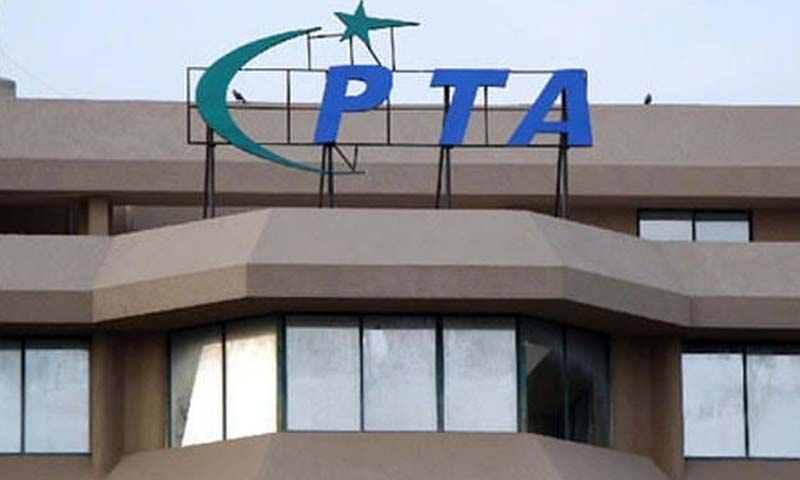SCIENCE & TECHNOLOGY

Prime Minister of Pakistan has unveiled a new online system for the swift registration and approval of life-saving medical devices and diagnostic equipment, addressing longstanding delays that have disrupted patient care and burdened importers across the country.
The launch comes amid sharp criticism of the Drug Regulatory Authority of Pakistan (DRAP), accused of inefficiency and sluggishness in processing applications — delays that sometimes extended for years.
“It wasn’t Drap, it was Drag — dragging the process not for months but for years,” the Prime Minister remarked during the launch ceremony in Islamabad, adding that the new system aims to process applications within just 20 days.
🔸 End to Bureaucracy and Human Contact
The revamped system is designed to eliminate manual bottlenecks, with no physical visits or human contact required. All submissions, from wheelchairs to MRI machines, can now be made online.
Federal Health Minister Mustafa Kamal emphasized that the digitised process will ensure transparency and speed.
“Certificates will be issued online, and no one will need to visit DRAP offices anymore,” he said.
🔸 Impact on Healthcare Sector
The Healthcare Devices Association of Pakistan had earlier warned that delays in the registration of essential medical products were resulting in massive financial losses and risking critical patient care in hospitals.
The Prime Minister recalled a tragic incident during his tenure as Punjab’s Chief Minister, where improper drug regulation caused fatalities due to the use of incorrect medications for heart patients. He linked this and similar cases to DRAP’s mismanagement.
“In 2014-15, the government allocated a huge budget for free medicines in public hospitals, but 60% of drug samples were below standard,” he revealed, while also citing his efforts in establishing drug testing labs and ensuring medicine quality in Punjab.
🔸 Promise of Reform
Acknowledging that challenges in the healthcare sector are significant — including population growth, waterborne diseases, and strain on main hospitals — the government has pledged to strengthen primary care and expand public-private partnerships.
“We may face mountain-like hurdles, but with resolve and hard work, no challenge is insurmountable,” the Prime Minister said.
The move is seen as part of broader efforts to digitise Pakistan’s health infrastructure and ensure access to reliable, life-saving technology — without bureaucratic red tape.




